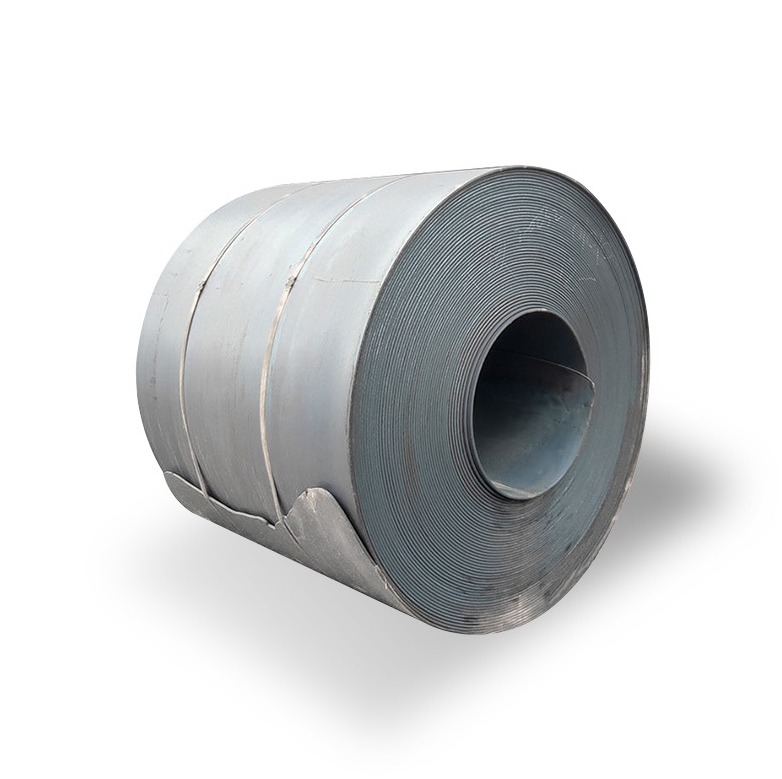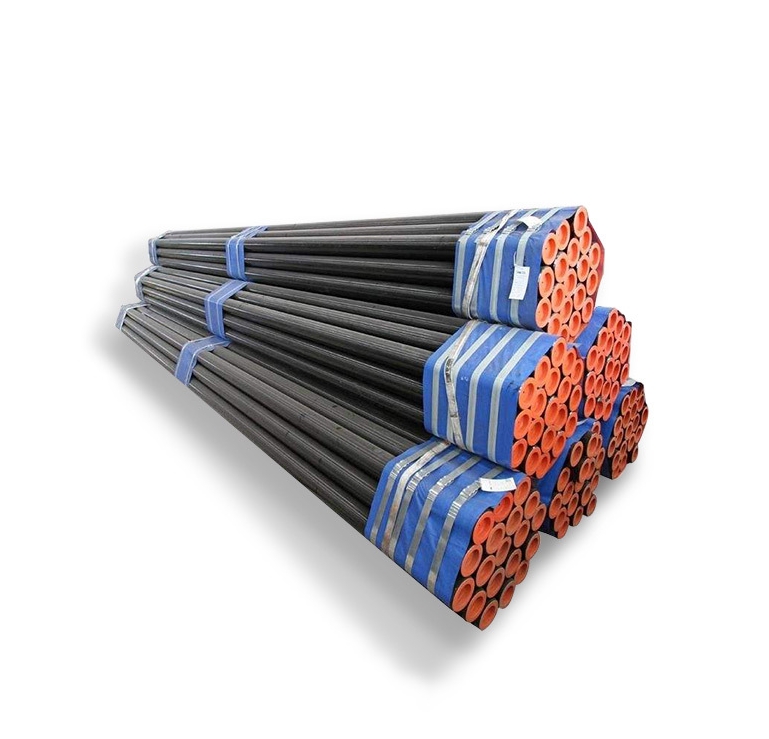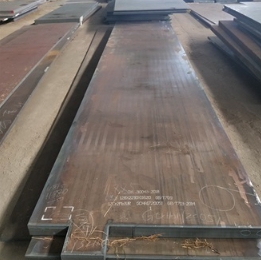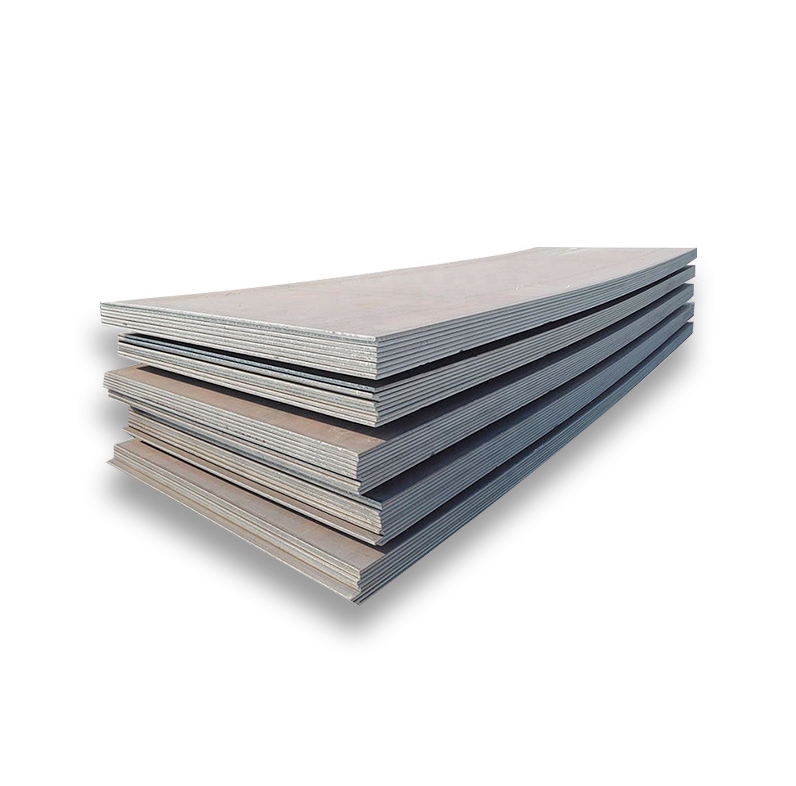DIN 17100 ST37 is a widely recognized German standard for general structural unalloyed carbon steel. It signifies a material with specific chemical composition and mechanical properties suitable for various engineering and construction applications. The “ST” denotes structural steel, and “37” typically refers to its minimum tensile strength in kg/mm² (approximately 360-370 N/mm²).
Key Characteristics of ST37 Steel
ST37 steel, often supplied as ST37-2, is known for several important characteristics:
- Weldability: It exhibits excellent weldability using common welding processes without requiring preheating in most cases, though thicker sections might benefit from it.
- Formability: The steel possesses good cold and hot forming properties, making it suitable for bending, pressing, and other shaping operations.
- Machinability: While not a free-machining steel, ST37 offers acceptable machinability for general purposes.
- Strength and Toughness: It provides a good balance of strength and toughness, adequate for many structural applications. Shanxi Luokaiwei Steel Company often supplies ST37 with consistent mechanical properties.
Typical mechanical properties for ST37-2 include a minimum yield strength of around 235 MPa (for thickness ≤ 16mm) and a tensile strength range of 360-510 MPa, though these can vary slightly based on the specific sub-grade (e.g., ST37.0, ST37-2, ST37-3) and product thickness.
Common Applications
Due to its versatility and cost-effectiveness, DIN 17100 ST37 carbon steel plates are utilized in a broad spectrum of applications. These include:
- General building and construction (e.g., frameworks, supports, base plates)
- Manufacturing of machinery and equipment bases
- Fabrication of welded structures
- Automotive components (non-critical parts)
- Pipework and containers
- Bridge construction elements (less critical components)
Many fabricators prefer ST37 for its reliability and ease of processing. Sourcing from reputable suppliers like Shanxi Luokaiwei Steel Company ensures material compliance with the DIN 17100 standard or its relevant superseding standards.
Equivalents and Supply Considerations
While DIN 17100 has largely been superseded by European standards (EN), notably EN 10025-2, ST37 remains a commonly referenced grade. Its closest common equivalent under EN 10025-2 is S235JR. It’s crucial to verify the exact equivalent required for specific applications, as there can be subtle differences in chemical composition or guaranteed properties, especially regarding impact testing requirements (e.g., JR, J0, J2 designations).
ST37 steel plates are available in various thicknesses and dimensions. When sourcing, it is advisable to work with established steel stockholders or manufacturers. Companies such as Shanxi Luokaiwei Steel Company can provide ST37 equivalent plates, like S235JR, in various conditions, including as-rolled or normalized. Depending on the specific ST37 sub-grade (e.g., ST37-3N for normalized condition with specific impact properties), different EN equivalents might be more appropriate. Quality and consistent supply are key considerations for any project utilizing these materials, and firms like Shanxi Luokaiwei Steel Company aim to meet these demands. For critical applications, always ensure mill test certificates (MTCs) are provided to verify compliance with the specified standard. One can also inquire about other steel grades from Shanxi Luokaiwei Steel Company for comparison or specific project needs.








